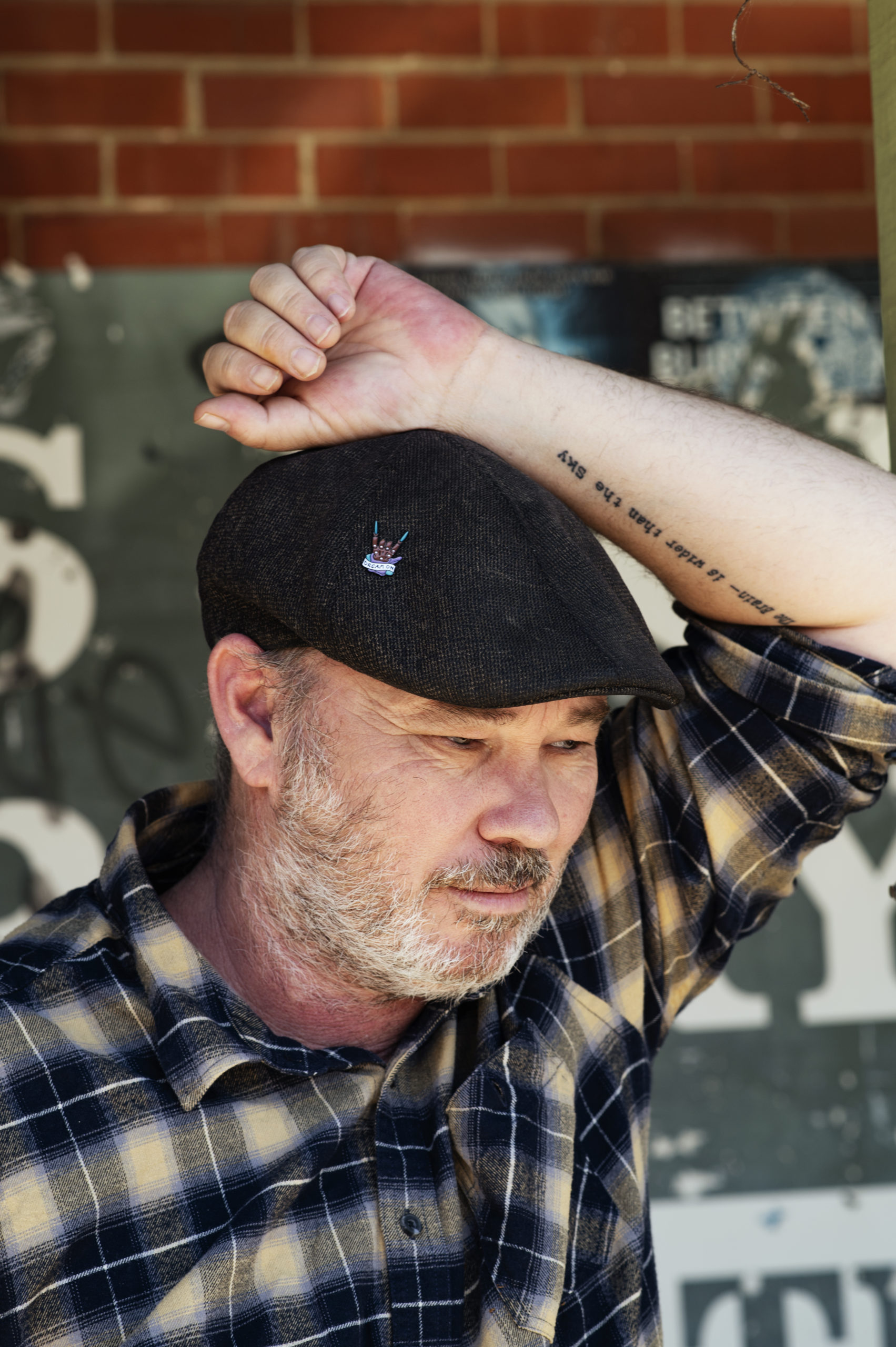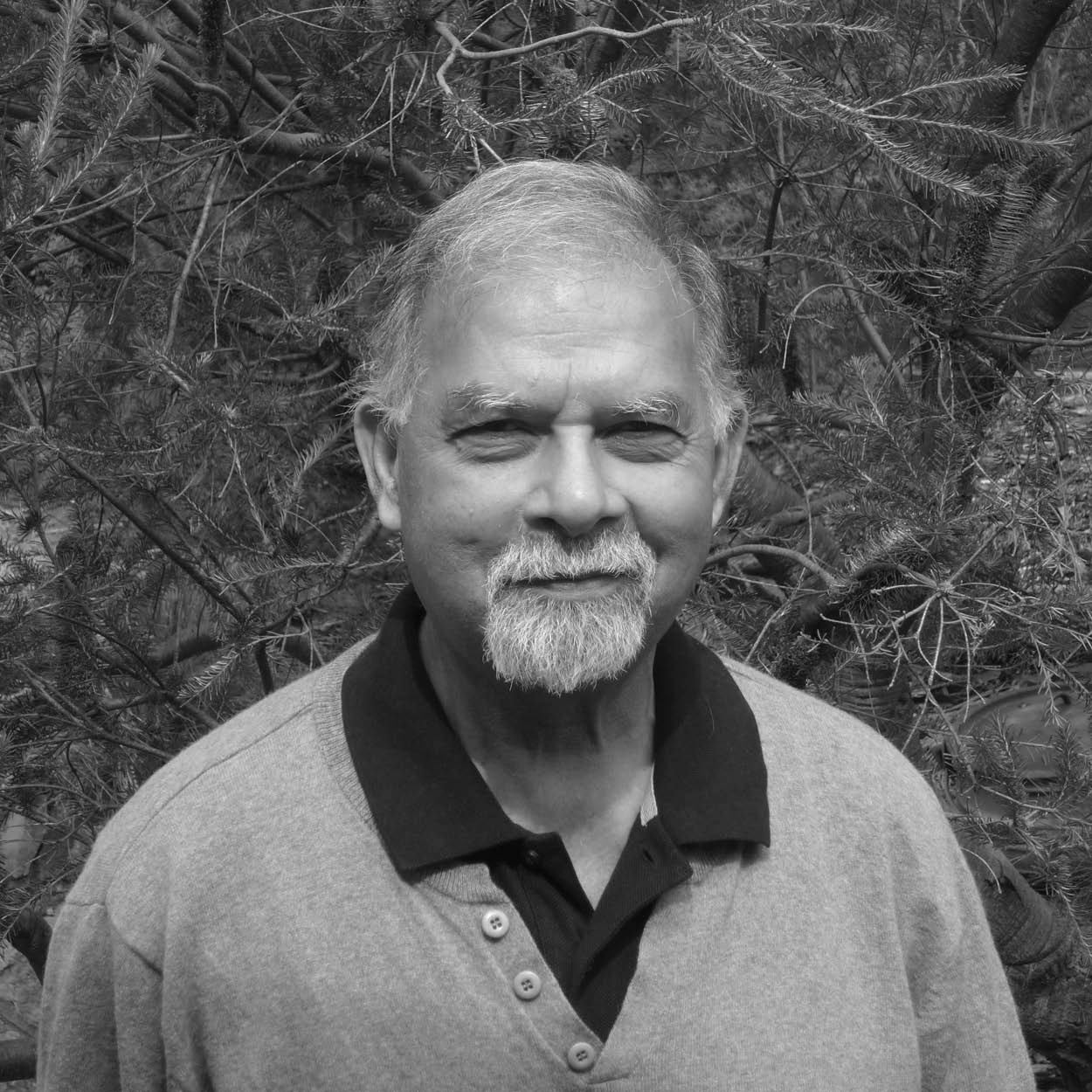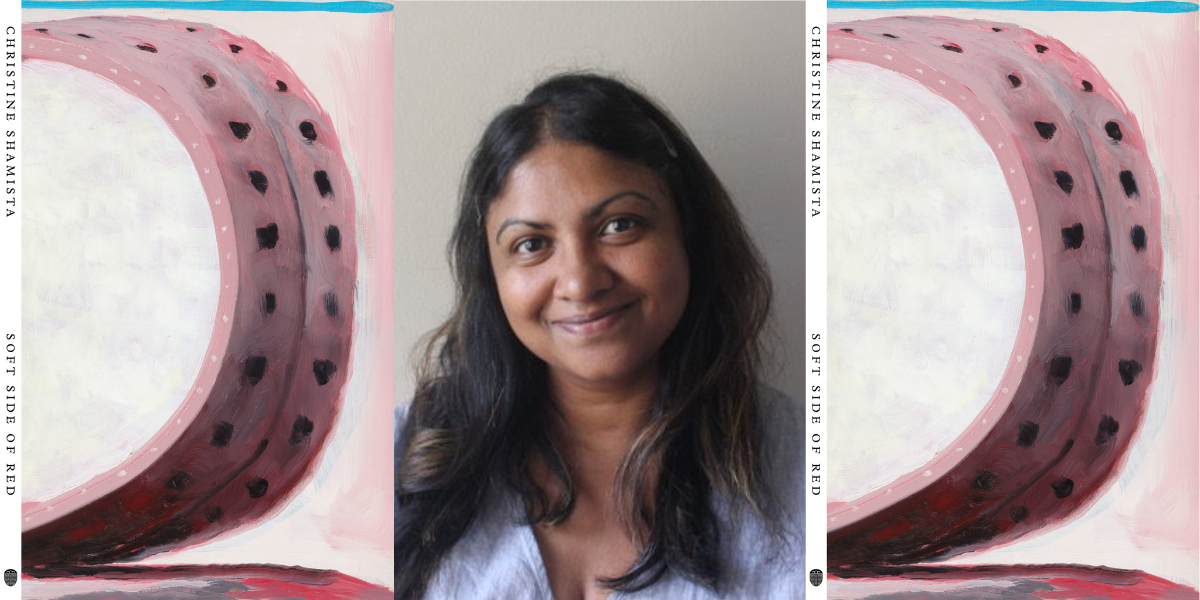How would you describe G-d, Sleep, and Chaos?
A book of diverse poems that cover philosophy, spirituality, grief, humour, and the chaotic impulse. G-d, Sleep, and Chaos is after the Jewish tradition of kaddish, where the poems try to work through darkness to a point of silence and peace beyond the ability of words to state directly.
What drew you to write this poetry?
A need to silence, or at least tame the anger and chaos in my head.
Tell us a bit about the experience of writing the book…
At the time of the massacre of 11 people at L’Simcha synagogue in Pittsburgh, I was studying prose poetry and I tried to process my feelings about the event through a prose poem. The poem took six months to find the right 128 words but, once it was finished, the entire collection flowed from there.
Who is this book for?
People who like to think, to have a laugh, or the idea of wrestling hard things into beauty.
When (or where) would be the perfect time (or place) to read this book?
In the bath while eating a cake and playing 80s music through a cheap android phone that is resting on a dry washcloth fabric printed with cartoon ducks.
What do you hope readers will take from this book?
I hope readers will find the funny parts funny and the emotional parts moving. Whatever deep thought poetry is meant to induce, I don’t think it’s a sin to want to write poetry that is entertaining. I hope readers finish the book feeling entertained and diverted from mundane concerns.
What prompted you to start writing poetry and when did you start?
I grew up with poetry, my parents read it to me before I could read myself. I don’t remember a time when I ever thought I shouldn’t read and write poetry.
One thing you’ve learned the hard way when it comes to writing poetry?
Current Australian poetry is dominated by a moneyed class who hold the gates pretty tight against people from outside that class, even as they deny doing so. It takes a bit more effort than average if a poet smells of manual labour or (worse) welfare dependency.
Best investment you’ve ever made in your writing?
Pens and notepads are a romantic idea, but I use a laptop – pens make my hand cramp and it has to go into a doc eventually anyway. Use the right tool for the job, you can loosen a screw with a butter knife but it’s a silly thing to do if you can use a screwdriver. The Princeton Encyclopedia of Poetry and Poetics was also a great investment – it’s an expensive book but well worth it for a dedicated writer.
Favourite bookshop anywhere in the world?
New Edition Bookstore in Fremantle in the 90s on Market Street, which is gone now. I’ll never have as good a memory of any bookshop as I do of that one. It had burgundy leather seats so that you could read some of the book before you bought it, which is still rare with retail space at a premium. To be honest, I occasionally read an entire book in there without buying it, so seats may not be the greatest business idea for book sellers. Current fave is Right Price 2nd Hand Books, just around the corner from me in Bayswater. That is shutting down soon too. Maybe the best bookstores are so ridiculously full of character and diverse titles, they’re unworkable as businesses.
What book are you currently reading?
I am reading The Company We Keep: An Ethics of Fiction by Wayne C. Booth and Alogopoiesis by Amelia Walker.
What’s the last book you read that you loved?
Breakfast of Champions by Kurt Vonnegut has been my most beloved book this year. I’m trying to read every book by Kurt Vonnegut. His writing is funny but terribly cynical. Breakfast of Champions manages to drop the cynicism and tangent into incredible beauty and optimism for a few pages, which are probably the best 3 pages he ever wrote.





